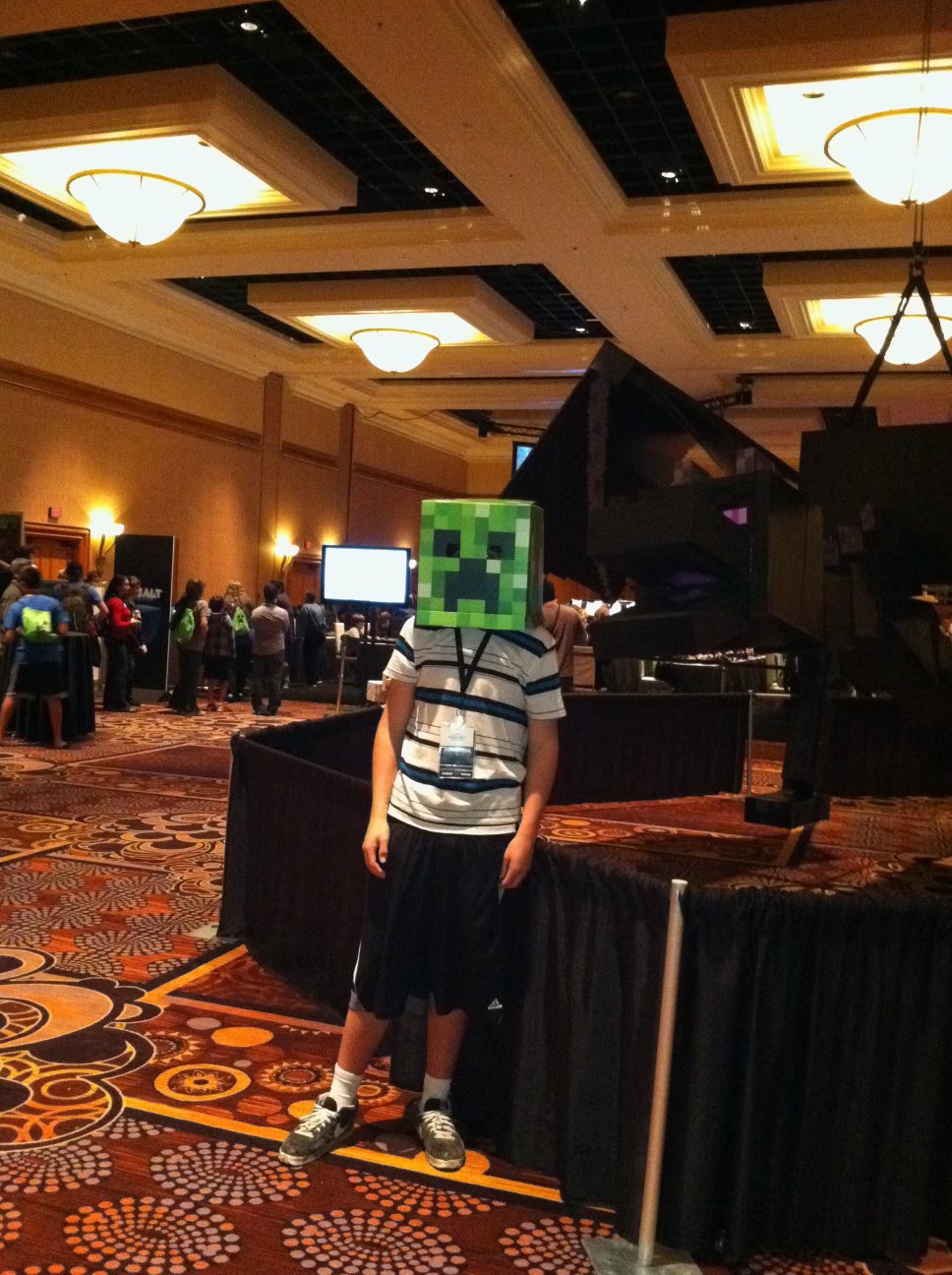
Today marks an interesting 'Day in History'.
We’ve got two big events that feel inextricably linked and prescient on this fine 11/15/24. Xbox released its first gaming console on 11/15/01, and on 11/15/77, Jimmy Carter invited Mohammad Reza Pahlavi, the Shah of Iran, and his wife to the United States—a time when the U.S. and Iran enjoyed a positive diplomatic relationship.
Video games have long been a part of my life. They’ve served as a source of joy, stress, procrastination, and creative outlet. When I was younger, they were a bonding mechanism—split-screen Halo (no screen peeking, anyone?)—and into adulthood, they’ve become a way to ‘see’ friends who now live far away. It’s incredible to think about how long they’ve been a part of my life. Equally as fascinating is considering the role they might play as my generation—and I—continue to grow older and enter different phases of our lives.
I still remember my dad buying the original multiplayer connector for two Game Boys so we could play racing games together. We’d sit on the screened-in porch and play for hours—it felt like magic at the time. As I grew up, he continued bringing home devices that, in hindsight, he mostly watched me dissect. From early VR headsets that barely worked to portable PS1s and early PC games like Age of Empires, my dad’s curiosity fueled my early interest.
Eventually, my eagerness eclipsed his curiosity, and I began to develop my own relationship with gaming. Sleepovers filled with Halo, Pokémon battles on the GBA, and 2D fighters like Tekken gave way to the World of Warcraft era in high school, and later, solo adventures like Fallout, Bioshock, and Elder Scrolls.
College shifted things to mostly group games like Call of Duty and Fortnite, though the occasional Dark Souls binge was not excluded. These days, it’s a mix of weekly Fortnite sessions with friends, occasional League of Legends masochism, and sporadic playthroughs of old RPGs.
Competitive games like Fortnite and League give me a tunnel-vision focus I find addictive. I get a similar feeling from activities like golf, skiing, and shooting, but video games are unique—they offer that rush with far less time commitment. You can spin up a match in under 45 minutes, compared to the logistical overhead of other hobbies.
The idea that video games are net negative in all instances is, frankly, stupid. Like anything, moderation is key. My experience with games has been overwhelmingly positive. They’ve taught me focus, strategy, and teamwork.
That sports hobby like focus—the mix of teamwork, reaction speed, and fun—is hard to replicate while investing relatively such little time. You could get it from playing football or pickup basketball, but that requires another team, a coach, and league organization. With video games, you’re good to go in minutes. Sure, you can head to a golf simulator, but even that involves some travel unless you’re lucky enough to have one at home.
Why bring this up?
Because the through-line connecting Iran and video games is none other than Elon Musk. While running multiple billion-dollar companies, Musk has managed to become a top 20 Diablo player globally. Recently, he’s taken on a quasi-political leadership role, coordinating directly with Donald Trump during the 2024 presidential election and handling calls with countries like—yep—Iran.
So, what’s the lesson? Do video games lead to becoming the de facto leader of the free world?
Not quite. For me, the takeaway is that video games offer far more value than conventional wisdom suggests. Sure, Pong probably didn’t sharpen minds, and playing four hours of Fortnite daily isn’t great either. But in moderation, gaming can complement other pursuits—like golf or tennis—and keep someone firing on all cylinders. Combine that with owning a P&L or taking an active role in society, and I’d bet on that person over a “pure play high performer” nine times out of ten.
And if they’re also a voracious reader? Take my money.
Aside from justifying why I’m 28 and still playing video games, I think there’s a signal worth noticing in someone who’s both a productive member of society and a gamer—especially if they’re highly competitive. This concept is well-accepted in games like poker or chess, and even traditional sports, but I don’t think we’ve seen mass acceptance of the same signal in top video game players or adjacent spaces.
In the long run, one of my goals may be to start a charity that supports young people in competitive gaming—maybe even fostering more in-person esports events. Gaming culture is already incredible, and as it continues to intertwine with mainstream pop culture (see: The Last of Us show), it’s only going to get better. Who knows? Maybe one day I’ll have the resources to launch a passion project MMO on Kickstarter. Sure, starting an MMO as a passion project is a stretch goal, but it’s one I’d love to pursue.
NM